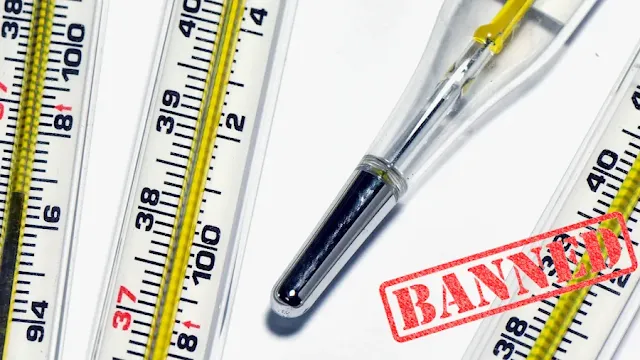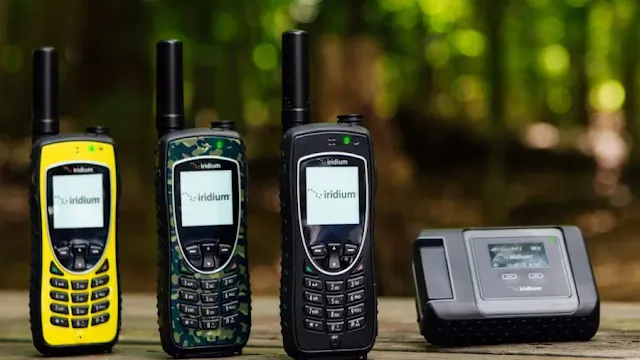During a recent trip to Delhi, I faced a moment of panic at the airport security checkpoint. As a frequent traveler and occasional smoker, I had absentmindedly left a lighter in my carry-on bag. The security officer politely but firmly confiscated it, explaining that lighters are strictly prohibited on flights in India. This experience prompted me to dive deep into the rules surrounding lighters and matches on Indian flights to help others avoid similar surprises.
In this article, we’ll explore whether you can carry lighters or matches on flights in India, the specific regulations, and practical tips for smokers navigating air travel.
Table of Contents
Why Lighters and Matches Are Prohibited
Lighters and matches are classified as dangerous goods by aviation authorities like the Bureau of Civil Aviation Security (BCAS) in India. These items pose a fire hazard, which is a significant safety concern in the confined environment of an aircraft. Airlines such as Air India and IndiGo explicitly list lighters and matches as prohibited items in their baggage guidelines to ensure passenger safety.
Lighters and Matches in Carry-On Baggage
Lighters and matches are strictly prohibited in carry-on baggage on flights within India. The risk of accidental ignition during security checks or in-flight makes these items a no-go. If you attempt to bring a lighter or matchbox through security, it will likely be confiscated, and you may face additional scrutiny.
Lighters and Matches in Checked Baggage
Similarly, lighters and matches are not allowed in checked baggage. The same fire safety concerns apply, as checked bags are stored in the cargo hold where fire detection and suppression systems are less accessible than in the cabin. If a lighter is found in your checked bag during screening, it may be removed, and you could face delays or penalties.
Are There Any Exceptions?
In rare cases, a single small packet of safety matches may be allowed on your person (not in baggage) with prior airline approval, but this is not a standard practice. Always check with your airline before traveling, as policies can vary slightly. For example, Air India’s restricted items list and IndiGo’s dangerous goods policy provide detailed guidance.
Tips for Smokers During Travel
For smokers, navigating air travel in India can be challenging due to these restrictions. Here are some tips:
- Check for Smoking Areas: Many Indian airports, like Delhi’s Indira Gandhi International Airport, have designated smoking lounges after security. Use these during layovers.
- Plan for Connection Flights: If you have a connecting flight, confirm whether the airport has smoking zones, as not all do.
- Alternatives to Lighters: Consider carrying nicotine patches or gum to manage cravings during flights.
- Stay Informed: Rules can change, so always check the latest airline and BCAS guidelines before traveling.
Frequently Asked Questions
Can I bring matches in my carry-on?
No, matches are not allowed in carry-on baggage on flights in India due to fire safety regulations.
Can I bring a Bic lighter in my carry-on?
No, Bic lighters or any type of lighter are prohibited in carry-on baggage on Indian flights.
Is a matchbox allowed in check-in baggage in India?
No, matchboxes are not permitted in checked baggage due to the risk of accidental ignition.
What happens if I accidentally leave a lighter in my checked bag?
If a lighter is detected during baggage screening, it will likely be confiscated. You may be contacted by airport security, and your bag could be delayed.
Are lighters allowed through airport security?
No, lighters are not allowed through airport security in India, whether in carry-on or on your person.
How many matchboxes can I carry on a flight?
No matchboxes are allowed in either carry-on or checked baggage on flights in India.
What if I want to smoke during a connection flight?
Check if the connecting airport has a designated smoking area. Not all airports offer this, so plan accordingly.


















